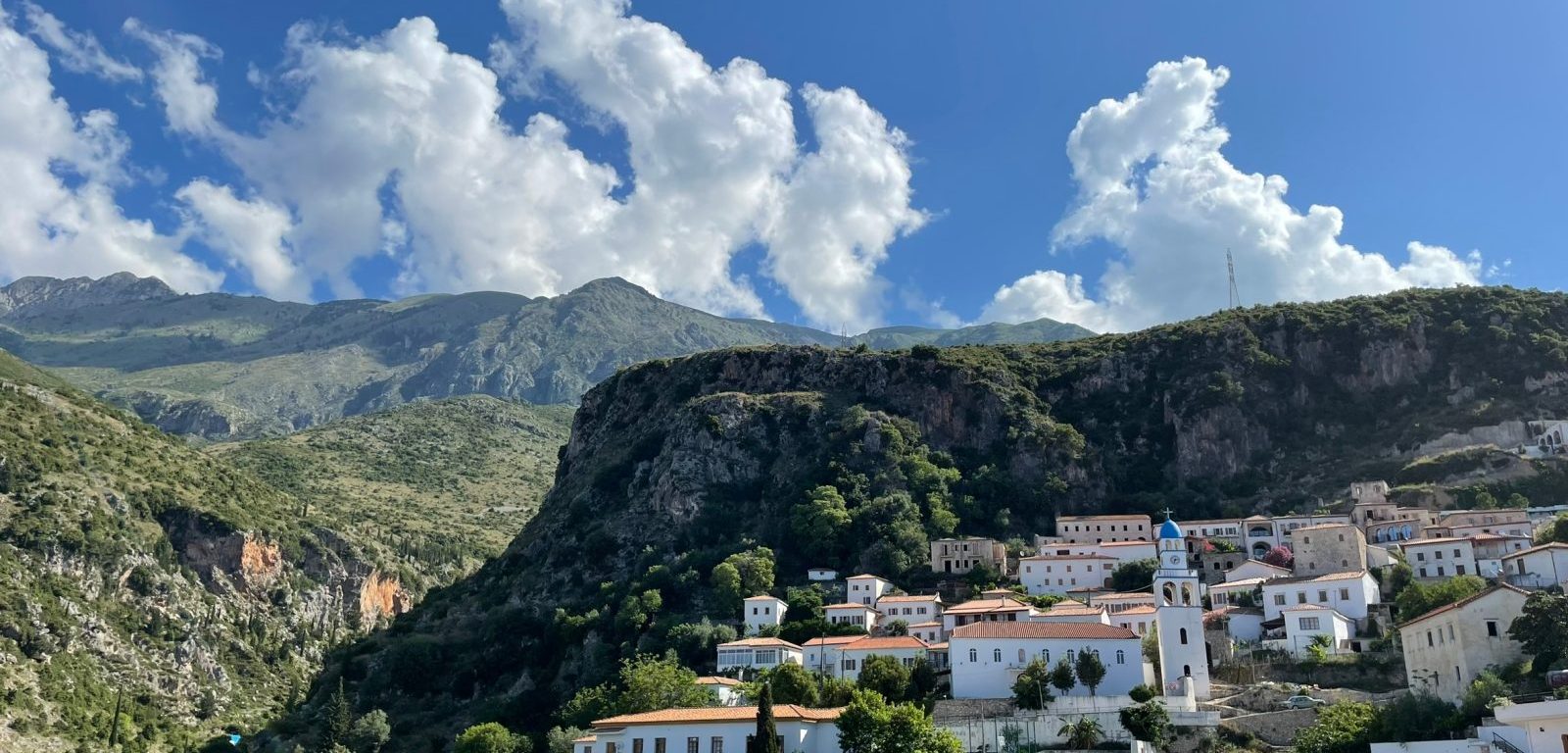The journey toward Touristic Albania 2030, through the figures and facts of this ongoing tourist season, was the theme of an extended meeting with local government leaders and representatives of tourism-related structures, attended by Prime Minister Edi Rama, Minister of Tourism and Environment Mirela Kumbaro, and Minister of Economy, Innovation, and Culture Blendi Gonxhe.
In his address, the Prime Minister emphasized that the growth in tourist numbers is no longer the primary objective. Instead, it is being replaced by an even more important priority: quality. Citing the example of a Eurobarometer survey recently conducted by the European Commission, the Prime Minister noted that there has been an improvement in perceptions of Albania, thanks to the development of tourism.
Prime Minister Edi Rama says:
Contrary to what has been stated, commented on, or published in the media or on social networks regarding this year’s arrivals, and these are figures, not opinions, that the summer tourist season has so far brought us over 9 million visitors, or in other words, 500,000 more visitors compared to last year, half a million more.
One point I wish to emphasize from this data, is illustrating how tourism and a touristic Albania strengthen our nation’s international image and influence the way others perceive us, this is the very interesting correlation between the increase in visitor numbers and the improvement in perceptions.
Secondly, linking this with what I mentioned regarding numbers and quality, we undoubtedly now have higher standards in tourism compared to where we started. I refer here to certified tour operators, to certified tourist guides whose number today is close to one thousand, when we previously had none, and to certified accommodation structures, and so forth.
This is one aspect, and it is entirely possible to take the next step, as this year’s experience with the re-dimensioning of public beaches and the relative reduction of private beach spaces has shown it is fully achievable.
The experience of supporting municipalities, both by the ministry and by the government, by doubling and in some cases more than doubling the cleaning forces through the “Clean Beaches” operation, has also shown that it is possible.
Another issue is waste. We have many positive results from the “Clean Beaches” operation. There has been a fundamental transformation in cleaning the territory thanks to the leadership, not from the office but from the ground of the Minister of Tourism and Environment, or in other words, the “chief cleaner” of Albania. But nothing can be achieved, not even if the entire former people’s army were mobilized to clean the beaches, if alongside those who clean, there are still those who throw trash.
Meanwhile, as we have stated, waste management is a major problem. The government cannot clean cities, but it will commit to managing waste treatment for all cities and municipalities at the national level, just as we have also discussed water supply, on which I will not dwell further.
Another issue that must be finally addressed is noise. In whole residential areas where 99% of holidaymakers are not present in beach bars, 99.99% should not have to suffer deafening music. Therefore, we will ban music in beach bars. Music will no longer be allowed, and we will re-dimension both the number of beach bars at the request of mayors, and the way beach bars are integrated into the overall service.
Another point I want to emphasize and this will be the last is the necessity for all of us together, with strong government focus, to re-stitch Albania’s “green dress” in all the places where we have torn it apart and left it in shreds, forgetting that Albania’s beauty and natural charm are its greatest asset. No copy of ancient columns inside a hotel can compete with that. Albania’s luxury lies in its beauty; Albania’s luxury lies in its tradition. Luxury tourism is developed by turning nature and natural beauty into assets that allow us to increase value.
We will see this in all dimensions—from national roads, where the clearance of road edges has begun and where we will continue with re-greening, to the creation of nurseries on roadside lands where there is no construction or production, to bringing more nature into cities. Public spaces being freed in Tirana and other cities should give way to spaces where more nature enters the urban environment.
These are the points I wanted to share. Thank you very much for your presence. I sincerely hope that those who need to hear this have indeed heard it. Very soon, we will present the new coastal plan, and in cooperation with municipalities, we will determine exactly which beaches will be managed entirely by them. For now, two are certain: Ksamil and Dhërmi.

